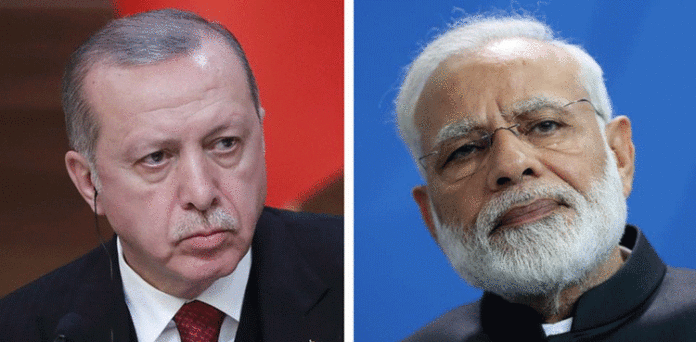
French authorities have introduced a new approach to evaluating applications for citizenship, focusing on a more demanding and selective process. Interior Minister Bruno Retailleau has issued guidance instructing prefects—who handle the first stage of naturalization requests—to adopt stricter standards when reviewing who qualifies for French nationality. This initiative emphasizes that becoming a French citizen should reflect a genuine integration into the national identity, not just the fulfillment of administrative requirements.
A major change involves the treatment of past immigration violations. Even if a person currently holds legal status and has been living in France for the required five years, a history of entering the country illegally may now lead to a rejection of their application. The standard five-year residency is no longer seen as enough. Applicants are expected to show a real understanding of French values, history, and civic principles, not just language proficiency.
In the past, individuals who had limited knowledge of French society or entered the country irregularly could still be granted citizenship if they met other criteria, such as a clean criminal record and language ability. The new approach shifts away from that model, calling for evidence of deeper assimilation and commitment to French identity.
Although the law itself remains unchanged, the way it is applied will be significantly stricter starting January 1, 2026. Prefectures will have greater authority to screen out applications they consider inappropriate, without forwarding them to the Ministry of the Interior for final consideration.
This policy aligns with earlier efforts by the minister to reduce the possibility for undocumented workers to legalize their status through employment. The goal now is to redefine the path to citizenship by raising expectations rather than altering legislation.
The updated instructions draw heavily on recent reforms, including those outlined in the Darmanin Law. This includes a higher language requirement—B2 level—as well as the introduction of a civics exam connected to multi-year residence permits. These elements reinforce the emphasis on integration and belonging.
In 2024, more than 100,000 people were granted French nationality. With millions of foreign residents living in France, many meet the technical requirements for naturalization. However, under the revised framework, future applicants will need to meet far stricter criteria, making the path to citizenship more selective and complex.




















